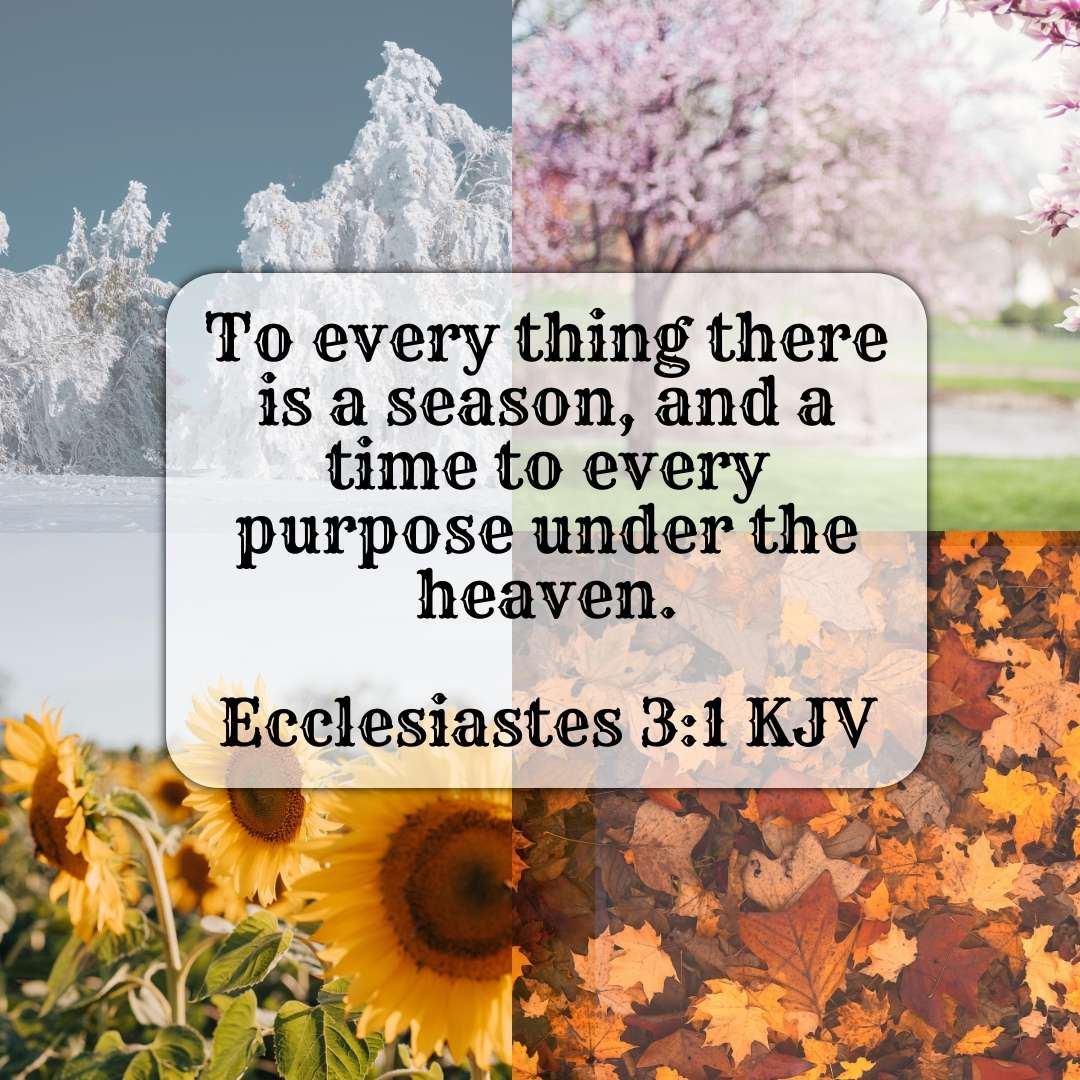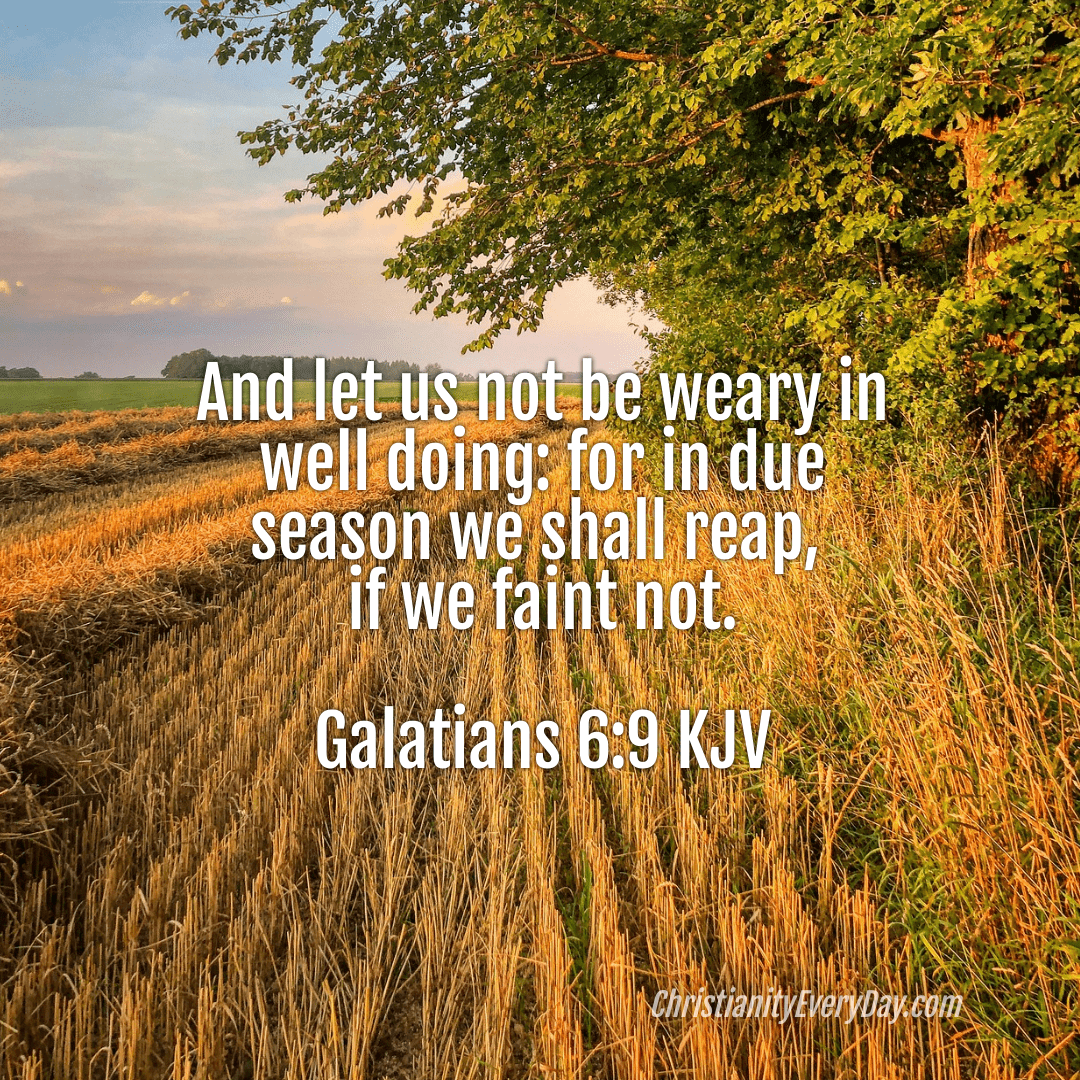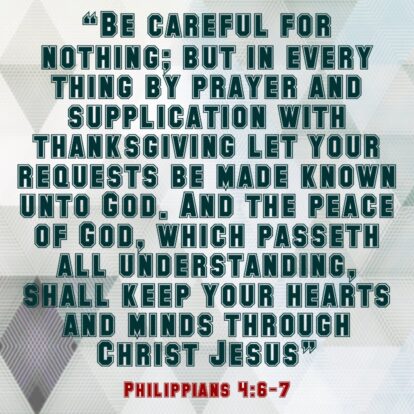By Pamela Rose Williams
“Be careful for nothing; but in every thing by prayer and supplication with thanksgiving let your requests be made known unto God. And the peace of God, which passeth all understanding, shall keep your hearts and minds through Christ Jesus.” (Philippians 4:6-7)
In this passage, written to the church at Philipi, Paul says “Be careful for nothing”. That’s another way of saying, “Don’t be anxious”. Well I think formost people, that is easier said than done. Being anxious, I think, is something that most humans do regularly. But as in the true fashion of Paul’s writings, he does not just give a command, but he also gives a promise. He says, if we are “careful for nothing” then the peace of God, which is impossible for us to fully comprehend, will keep our hearts and minds through Christ Jesus. Basically, what Paul is saying here is that when we give “everything” to God in prayer, then we can leave it with God and know that our heart and mind are at peace.
A heart that is at peace is not anxious. A mind that is at peace can think clearly on the things that God wants us to think on. And Paul even goes on, not only to give a command (tell us what to do) and a promise, but he tells us how to accomplish that command. He gives us a life application. Take a look at the following, in this same chapter of Philippians:
Philippians 4:8-9 ( KJV )
[8] Finally, brethren, whatsoever things are true,
whatsoever things are honest,
whatsoever things are just,
whatsoever things are pure,
whatsoever things are lovely,
whatsoever things are of good report;
if there be any virtue,
and if there be any praise, think on these things.
[9] Those things, which ye have both learned, and received, and heard, and seen in me, do: and the God of peace shall be with you.
Another command there, that we should “do” … do what? Think on these things and another promise that the God of peace shall be with you. This command comes with the “how to” in verse 8. Paul gives a great list of the kinds of things that we should be “thinking on”.
I encourage people to commit these verses to memory. The next time they are feeling anxious, they can recall these things to mind and see that whatever they are “thinking on” that is making them anxious … well that is just not on the list!

Pamela Rose Williams, Founder of Christianity Every Day, is a wife, mother, and grandmother. She and her husband, Dr. Michael L. Williams have served in Christian ministry since 2001. She has Master of Ministry in Biblical Counseling and Bachelor’s in Christian Education degrees. Most of her time is spent as a professional editor and writer, working with many Christian authors and artists. She also uses her extensive experience in information technology providing Christ-centered teaching tools and resources for people all over the world. To learn more about Pamela visit her About page.

































































